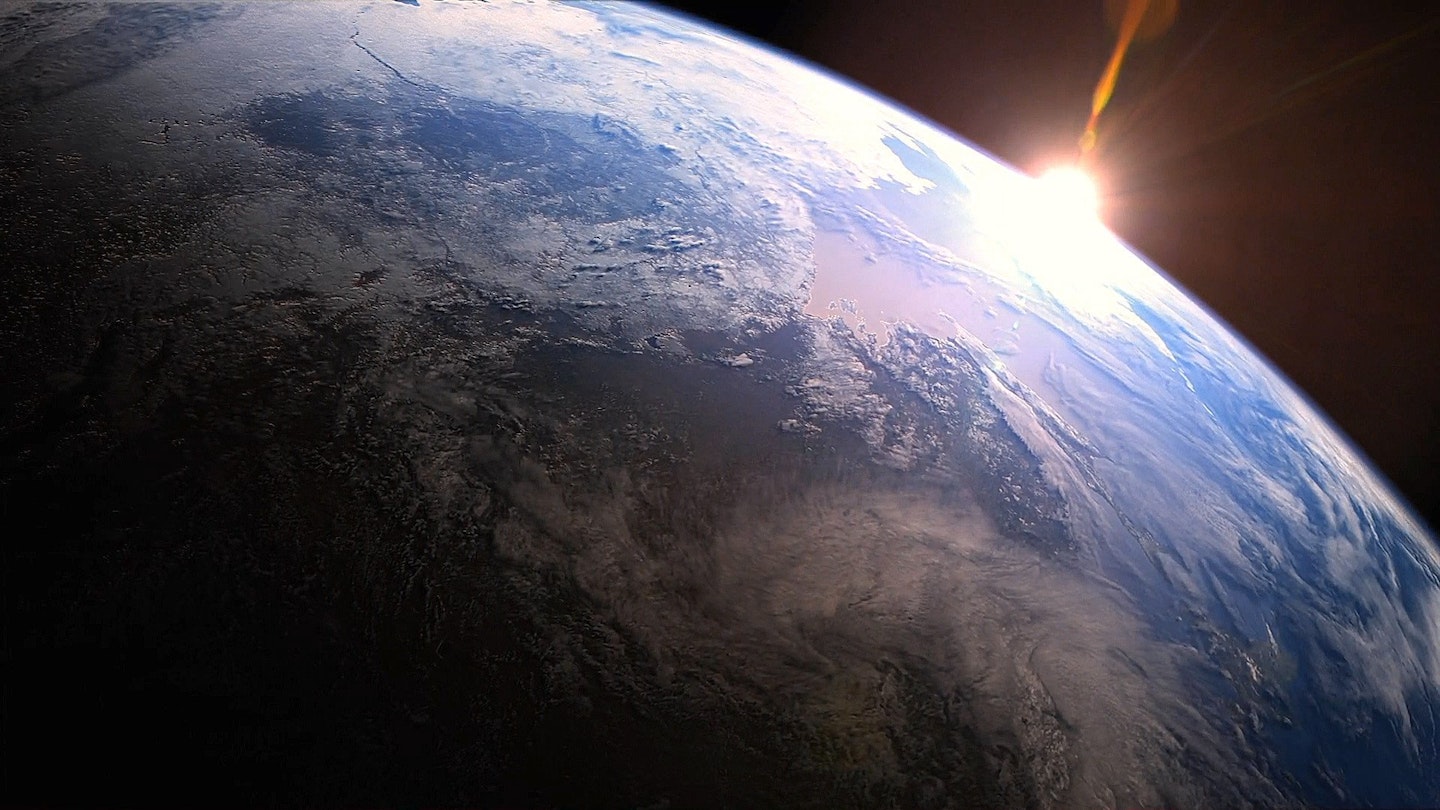Anyone who ever carped about paying their TV licence should consider the BBCs three great televisual achievements. In ascending order of entertainment value, theres the quest to see if newsreader Moira Stuart will ever start ageing; Terry Wogans increasingly acerbic and occasionally bemused coverage of the Eurovision Song Contest; and the inspired work of the BBC Natural History Unit and its spiritual leader David Attenborough, culminating in the awe-inspiring Planet Earth.
Like previous jawdroppers Life On Earth and Blue Planet (to which this is a sort-of sequel), Planet Earth courts superlatives, films the unfilmable and breaks new ground literally, in the case of the Danakil Desert in Ethiopia, where volcanoes churn the Earth and the crew braved sulphurous winds to film lakes of lava. Listen to the making ofs and youll hear words like highest, deepest, coldest and driest over and over again. Were no longer focused simply on odd or cuddly beasties the most moving and spectacular shots here take in vast swathes of the Earths crust, and if there happens to be world-first footage of a wolf hunting caribou along the way, so be it.
This only occasional focus on wildlife sets Planet Earth apart from its predecessors while there is gorgeous and terrifying and grotesque flora and fauna here, the focus is on ecosystems, environments, Earth itself. And its that sweep that made this watercooler conversation when it was first broadcast, the sort of communal viewing experience that rarely happens in this digital, multimedia age. Instead of discussing what Sawyer did, or Susans latest pratfall, people spoke in awed tones about mountains and deserts and caves full of bugs.
Even when the series covered bases we had seen before the Emperor Penguin footage, for example, had its thunder well and truly stolen by March Of The Penguins it still had one secret weapon: Attenborough. The father of nature television may be older than he was (unlike Moira Stuart) and may have ceded the Himalayan hiking to younger, hardier souls, but still narrates in those instantly recognisable tones, providing the scientific detachment and authoritative insight that is so lacking in the pretenders to his throne, including the penguin film.
If theres any criticism to be made, its that Earths dominant lifeform is underrepresented, but that is to nitpick. If you can watch this series without your jaw dropping to the floor or a tear forming in your eye at the sheer beauty and majesty of our little blue planet, youre harder-hearted than Empire.
